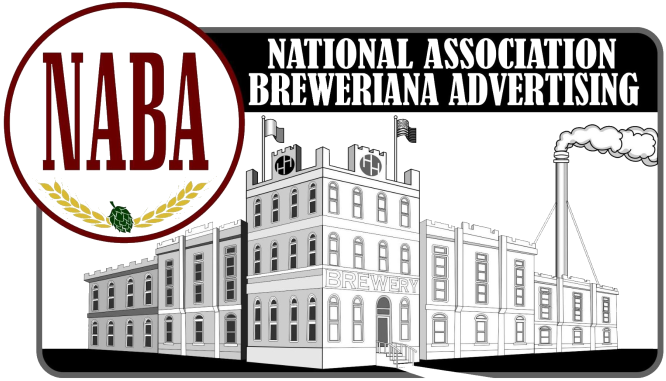Upcoming Events
| Visit Our Partners | NABA News
|
Copyright ©1972 - 2024 National Association Breweriana Advertising |
Powered by Wild Apricot Membership Software
Upcoming Events
| Visit Our Partners | NABA News
|
Copyright ©1972 - 2024 National Association Breweriana Advertising |
